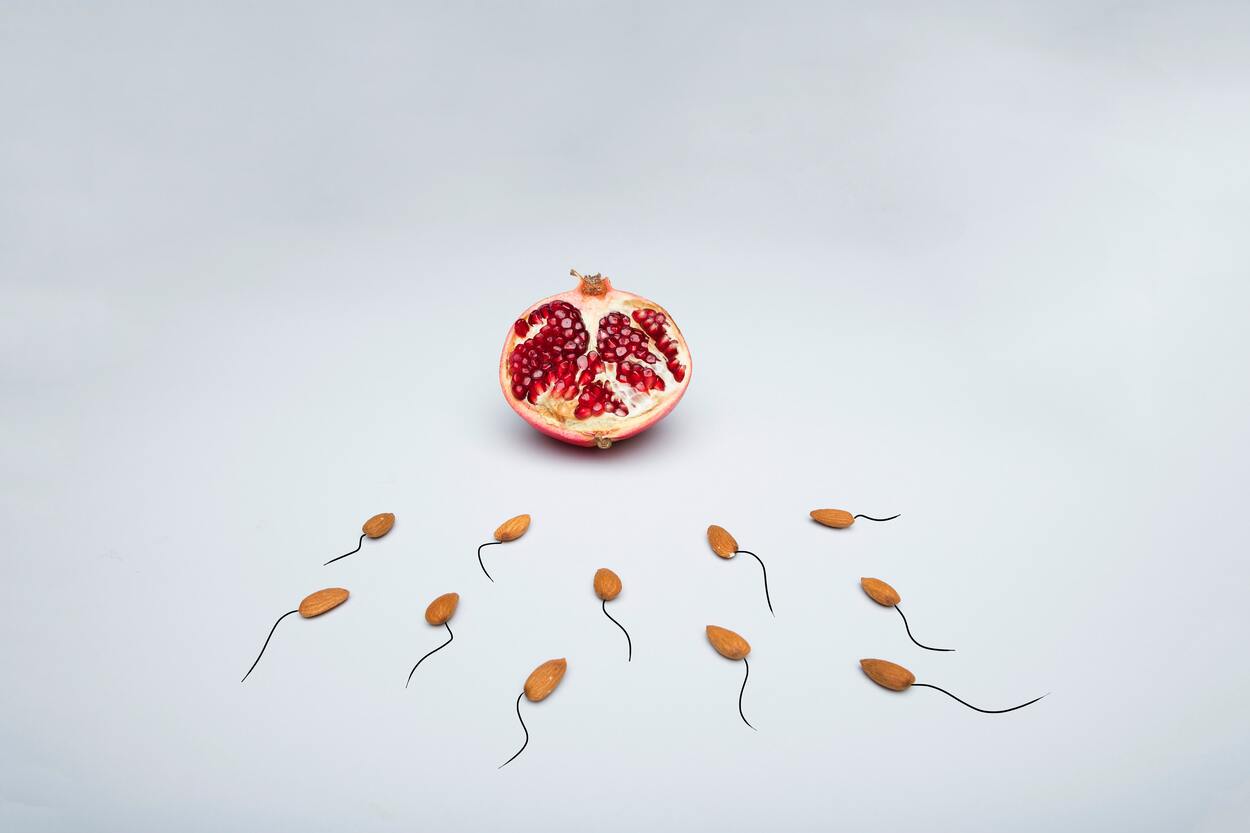

Knowledge
How to Increase Male Fertility Through Your Diet
Sperm health is one of the most important factors for male fertility. It also plays a role in the health of your baby. Luckily, there are many things you can do to boost your sperm quality naturally to help you and your partner build a family.
How healthy your sperm is depends on three things: quantity (count), movement (motility), and shape (morphology). Many recent studies have shown that diet can significantly impact all three of these factors.
We’ve compiled a list of all the foods the experts say you should eat more of, and the ones you should reduce, to up your chances of becoming a dad. Here’s what science has to say about nutrition and male fertility:
What to Eat to Boost Sperm Health
Healthy fatty acids Fats like omega-3 and omega-6 have been shown to help the healthy development of sperm. A 2019 review found that infertile men who took omega-3 supplements had a huge improvement in sperm movement and count compared with those who didn’t. You can get your omega-3s and omega-6s from fish and other seafood, nuts and seeds, plant oils, and eggs. Walnuts in particular have been shown to significantly improve sperm health, according to a 2012 study.
Fruits and veggies Don’t forget about your 5 a day! Eating enough fruits and vegetables is a crucial part of a healthy diet, and science shows that it’s important for male fertility too. A study of sperm analyzed at a fertility clinic found that men who ate more fruits and vegetables, especially green leafy veggies and beans, had higher sperm movement and count than those who ate less. This is because of all of the wonderful antioxidants we get from these foods, such as vitamin C and lycopene.
Folate and zinc Folate is an essential supplement that pregnant moms should take daily for the baby’s development, but did you know it plays a role in male fertility too? A 2017 research review found that supplementing sub-fertile men with folate and zinc significantly improves sperm count and morphology.
Foods and Drinks That Can Reduce Male Fertility
Red and processed meat Studies have consistently found that eating processed meat hurts sperm health. Processed meat gets preserved through curing, salting, drying, smoking or canning, and includes sausages, hot dogs, salami, ham, bacon, and beef jerky. Experts believe the harmful effect on male fertility from these meats to be due to their high levels of saturated fats, preservatives, and/or hormones. Red meat also has saturated and trans fats, which have been shown to harm male fertility. For your protein fix, opt instead for chicken, fish, and plant-based sources.
Junk food The fats that are in pizza, french fries, burgers, and sweets (known as trans and saturated fats) have been shown to harm sperm quality. Cut back on these foods, not only for the sake of your sperm, but for your overall health.
Soy foods Eating too many foods rich in soy may reduce sperm count, some studies have found. Soy is found in tofu, soy meat alternatives, miso, soy sauce, soy beans, and edamame.
Heavy drinking Having more than five alcoholic drinks per week can harm sperm count and morphology, scientists say. And the negative effects are much stronger for men who are heavy drinkers, knocking back over 25 alcoholic beverages in an average week. Alcohol can also cause erectile dysfunction and reduce libido, not a good combination when you’re trying to get your partner pregnant.
Pesticides and bisphenol a (BPA) Industry chemicals in pesticide sprays and BPA end up in our food and can wreak havoc on sperm quality, not to mention other harmful health effects. That’s why it’s so important to always rinse your fruits and veggies before eating them. BPA is found in most food packaging and cans. You can reduce the risk of these chemicals seeping into your food by washing canned beans, buying BPA-free products, and avoiding putting plastic containers in the microwave or dishwasher.
Energy drinks Studies have found that drinking caffeinated sodas and energy drinks can harm male fertility. Research from 2016 that examined 600 men in a couple trying to get pregnant found a 54% reduction in fertility among those who had one or more energy drinks per day.
Takeaway
While there’s no one magical food that’s guaranteed to help you and your partner conceive, studies continue to show promising results for what to eat and what to avoid to improve sperm health. In general, eat your veggies, go for lean poultry and seafood instead of red and processed meat, and limit alcohol, energy drinks, and junk food to boost your sperm health naturally. But food isn’t the only important factor for fertility: you should also maintain a healthy weight through regular exercise and quit smoking if you’re a smoker. The good news is that your body is constantly producing more sperm, and evidence shows that dietary changes can improve sperm quality in as little as two weeks!
Do’s and Don’ts to Boost Male Fertility
To improve the health of your sperm, eat these foods:
- Seafood: Fish and other seafood have a high amount of omega-3s which have great effects on sperm health. If you’re not a fish person, consider taking an omega-3 supplement.
- Nuts and seeds: They’re full of healthy fats which are important for male fertility. Walnuts have proven to be especially helpful for conception.
- Plant oils: Canola, safflower, and sunflower oil are another good source of omega-3s and 6s.
- Fruits and veggies: Try to get 5 servings per day, including leafy green veggies and beans.
- Lean protein: Besides fish, get your protein from poultry, eggs and plant-based sources.
- Folate and zinc: Talk to your doctor about taking a folate and zinc supplement, as it’s been proven to improve sperm health for sub-fertile men.
Here’s what to limit to protect your fertility:
- Red and processed meat: Cut out hot dogs, salami, ham, bacon, and beef jerky.
- Fried and junk food: Saturated and trans fats found in pizza, French fries, burgers and the like hurt sperm health.
- Soy: Eating a lot of tofu and soy foods can reduce sperm count.
- Alcohol: Limit drinking to five alcoholic beverages per week.
- Energy drinks: Caffeinated sodas and energy drinks can harm fertility.
- Pesticides and BPA: Rinse produce and canned beans before eating them, buy BPA-free products when possible, and don’t heat up plastic Tupperwares.
- Smoking: Tobacco harms sperm health, so try to quit if you’re a smoker.
Sources:
Hosseini, Banafshe, et al. “The Effect of Omega-3 Fatty Acids, EPA, and/or DHA on Male Infertility: A Systematic Review and Meta-analysis.” Journal of Dietary Supplements, vol. 16, no. 2, 2019
Esmaeili, V. et al. “Dietary fatty acids affect semen quality: a review.” Andrology, vol. 3, no. 3, May 2015
Yuan, Guanxiang, et al. “Associations between semen phytoestrogens concentrations and semen quality in Chinese men.” Environment International, vol. 126, Aug 2019
Irani, Morvarid, et al. “The Effect of Folate and Folate Plus Zinc Supplementation on Endocrine Parameters and Sperm Characteristics in Sub-Fertile Men: A Systematic Review and Meta-Analysis.” Urology Journal, vol. 14, no. 5, 29 Aug 2017
Afeiche, Myriam C, PhD, et al. “Dairy intake and semen quality among men attending a fertility clinic.” Fertility Sterility, vol. 101, no. 5, May 2014
Giahi, Ladan et al. “Nutritional modifications in male infertility: a systematic review covering 2 decades.” Nutritional Reviews, vol. 74, no. 2, Feb 2016
Cariati, Federica, et al. “Bisphenol a: an emerging threat to male fertility.” Reproductive Biology and Endocrinology, vol. 17, no. 6, 2019
Joo, Kj, et al “The Effects of Smoking and Alcohol Intake on Sperm Quality: Light and Transmission Electron Microscopy Findings.” Journal of International Medical Research, vol. 40, no. 6, 01 Dec 2012
Chavarro, Jorge, et al. “Trans fatty acid intake is inversely related to total sperm count in young healthy men.” Human Reproduction, vol. 29, no. 3, Mar 2014
McDonald, MD, Edwin. “Don’t make the mistake of letting a diet kill sperm.” University of Chicago Medicine, 10 Dec 2018
Jensen, Tina Kold, et al. “Habitual alcohol consumption associated with reduced semen quality and changes in reproductive hormones; a cross-sectional study among 1221 young Danish men.” BMJ Open, vol. 4, no. e005462, 02 Oct 2014
Schuchowsky, Eduardo, et al. “Effects of energy drinks on biochemical and sperm parameters in Wistar rats.” Nutrire, vol. 42, no. 22, 2017
Wesselink, Amelia, et al. “Caffeine and caffeinated beverage consumption and fecundability in a preconception cohort.” Reproductive Toxicology, vol. 62, Jul 2016
Chavarro, Jorge, et al. “Soy food and isoflavone intake in relation to semen quality parameters among men from an infertility clinic.” Human Reproduction, vol. 23, no. 11, Nov 2008
Bauer, MD, Brent A. “What is BPA, and what are the concerns about BPA?” Mayo Foundation for Medical Education and Research, 14 May 2021
Nätt, Daniel, et al. “Human sperm displays rapid responses to diet.” PLOS Biology, vol. 17, no. 12, 2019
Your Fertility. “Effects of caffeine, alcohol and smoking on reproductive outcomes.” The Fertility Society of Australia
Robbins, Wendie A. et al. “Walnuts Improve Semen Quality in Men Consuming a Western-Style Diet: Randomized Control Dietary Intervention Trial.” Biology of Reproduction, vol. 87, no. 4, 01 Oct 2012
You might also like...

Female hormones: What you need to know about reproductive hormones, the menstrual cycle, and fertility
When you’re struggling with fertility, one of the first places to look is your hormones. Certain vital reproductive hormones are in charge...
Silvia Hecher
January 17, 2024
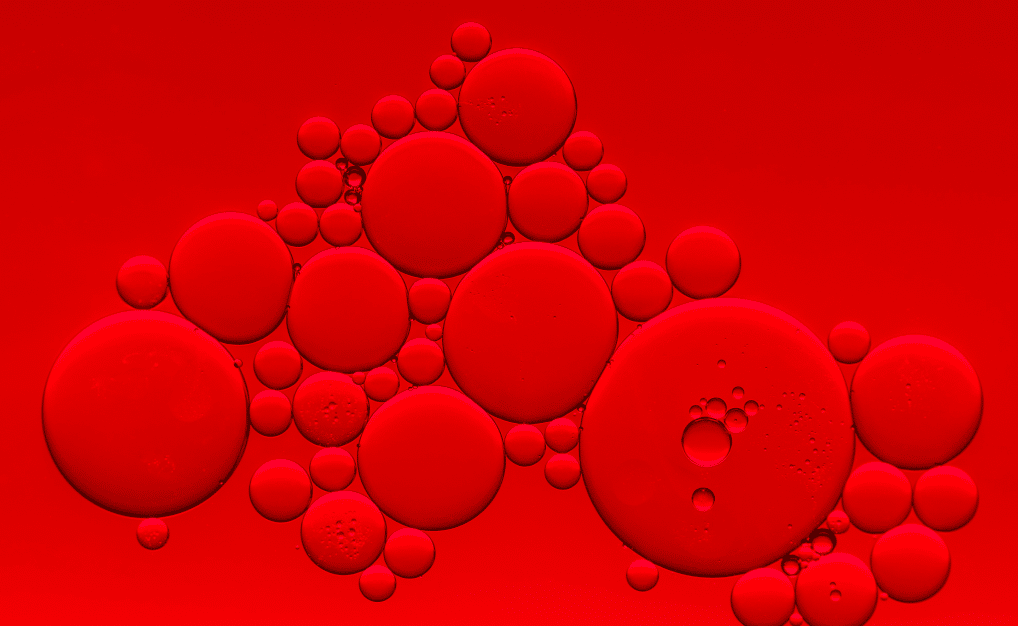
Fertility blood test: Why does it need to be cycle days 2-5?
When you test your fertility with LEVY, you will always check your basic reproductive hormone levels (including FSH, LH, TSH, Prolactin, Estradiol,...
Lena
September 8, 2022
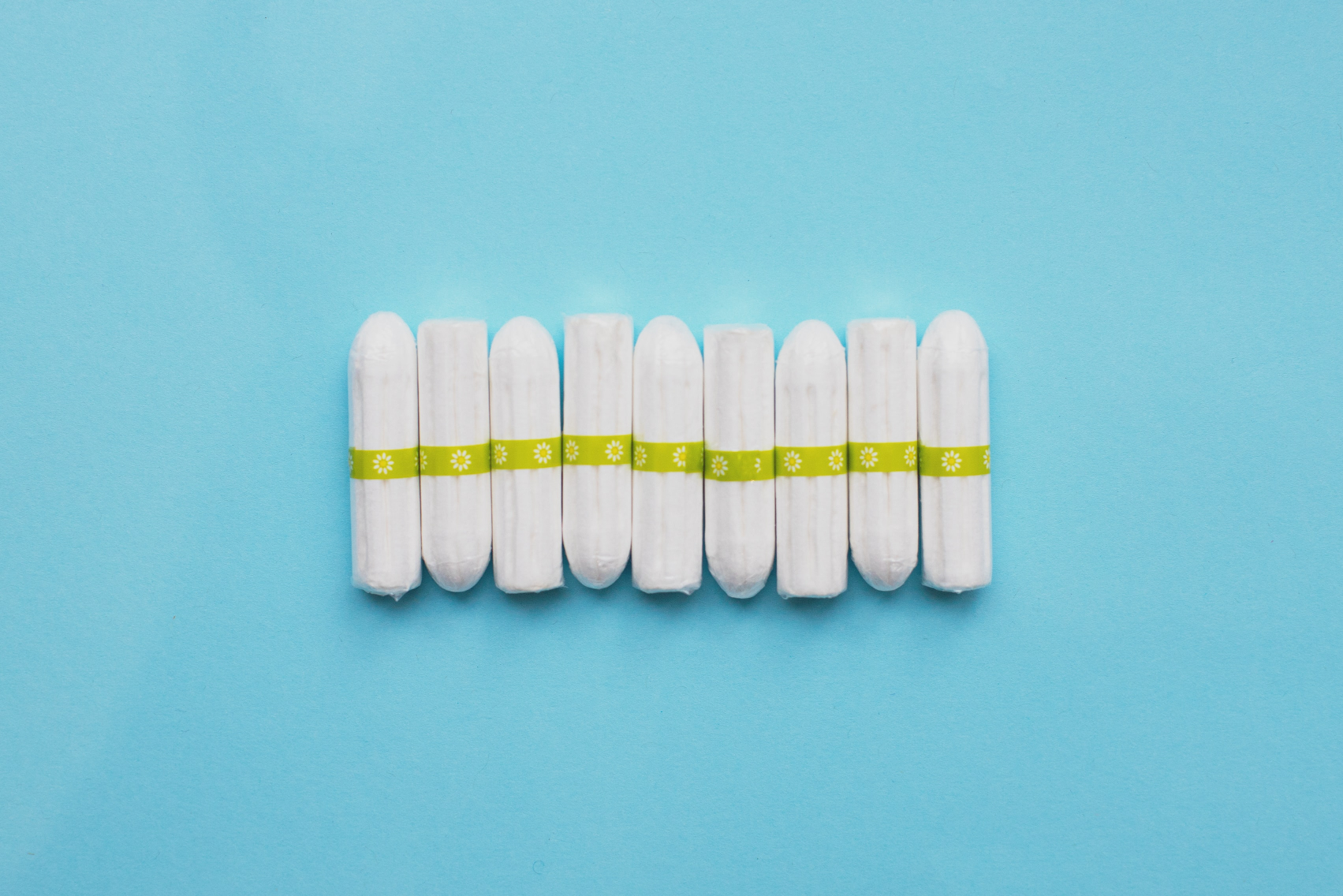
Forms of amenorrhea and fertility
Not getting your period is a condition called amenorrhea. It’s important for fertility because not having a menstrual cycle with monthly ovulation...
Lena
January 18, 2022
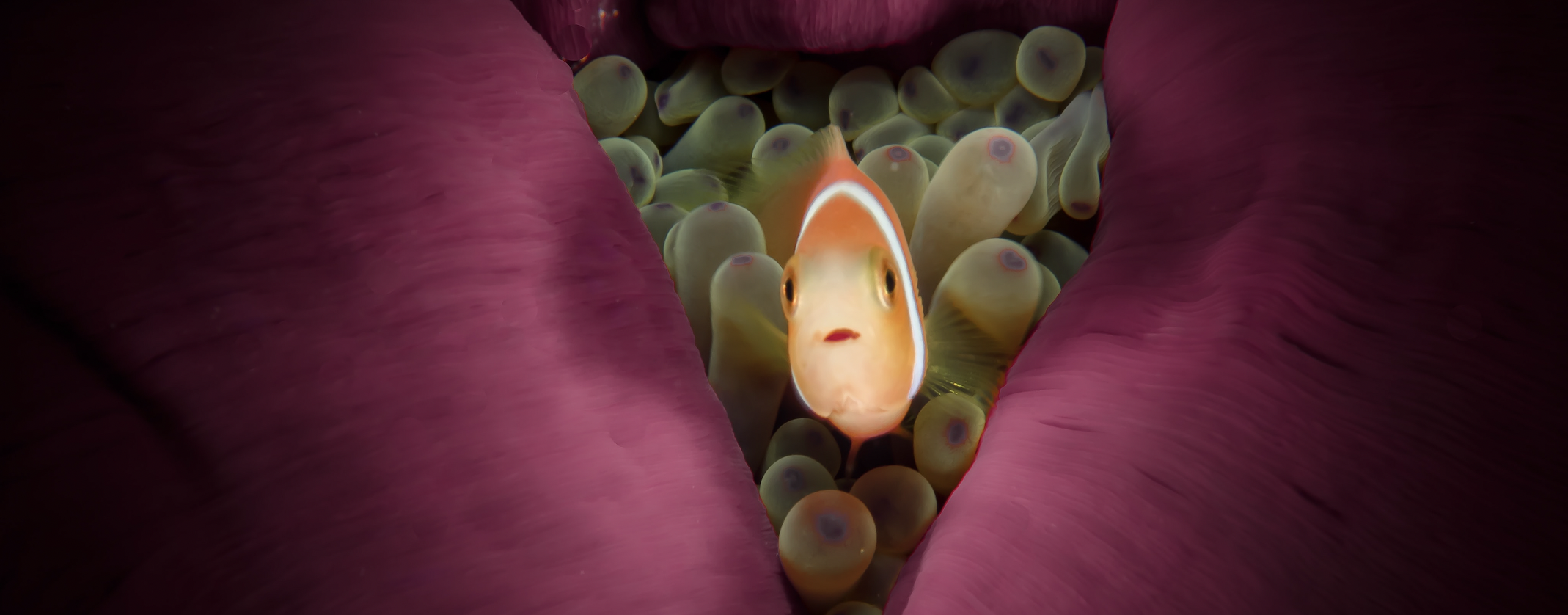
6 Interesting Facts About Ovaries You Might Not Know
Women have two ovaries which are located on either side of the uterus. They’re around 3-5 cm long – about the size...
Kayla
April 20, 2022

What to expect when testing your fertility with LEVY
If you’ve been trying to conceive for a while, it’s totally normal to feel frustrated. Why hasn’t it happened for you yet,...
Kayla
February 3, 2022
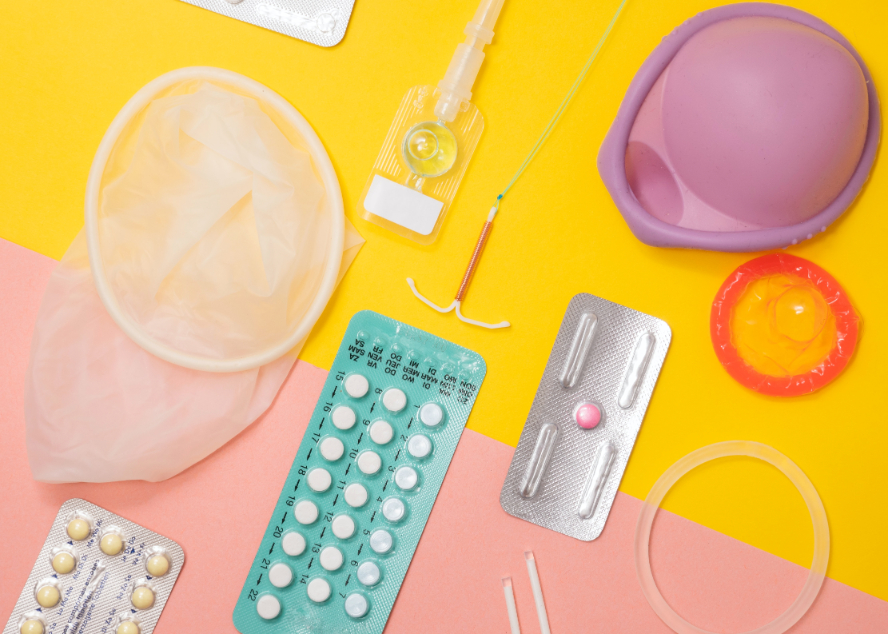
Your Complete Guide to Birth Control Options and Fertility
If you’ve been using birth control for a while, you may be wondering how it can impact your fertility now that you...
Kayla
February 21, 2022
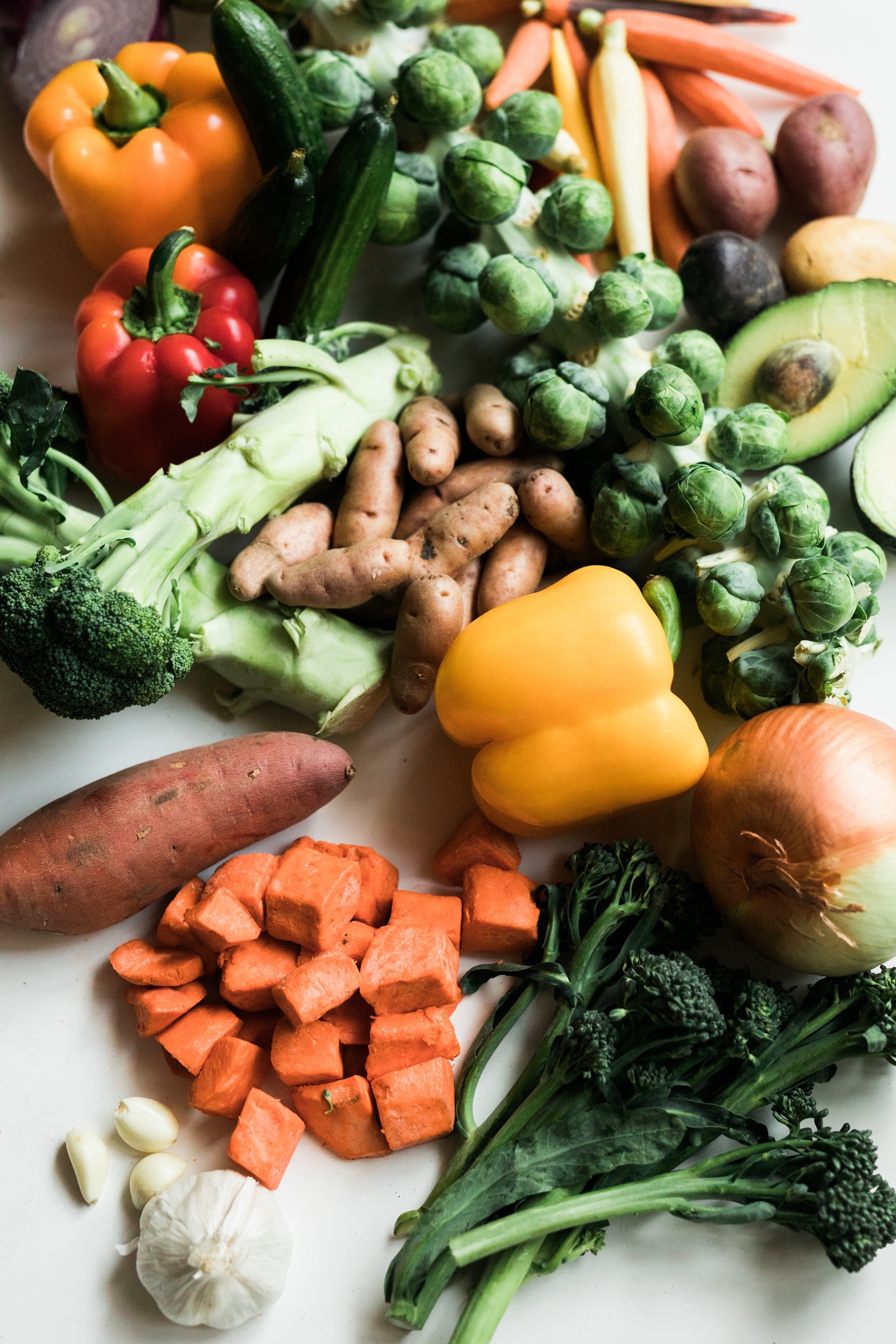
Fertility Foods for Women to Help You Get Pregnant Faster
How you nourish your body is key not only when you have a baby in your belly, but also to help prepare...
Kayla
March 22, 2022

What your AMH levels can tell you about fertility
FSH, LH, estrogen, progesterone… If you’re struggling to have a baby, you’re probably becoming an expert on all things hormones. AMH is...
Lena
August 25, 2022

Why Vitamin D matters for fertility
Vitamin D is a very important nutrient to keep our bodies healthy and working as they should. But did you know that...
Kayla
January 18, 2022




